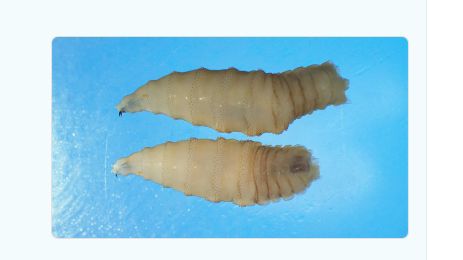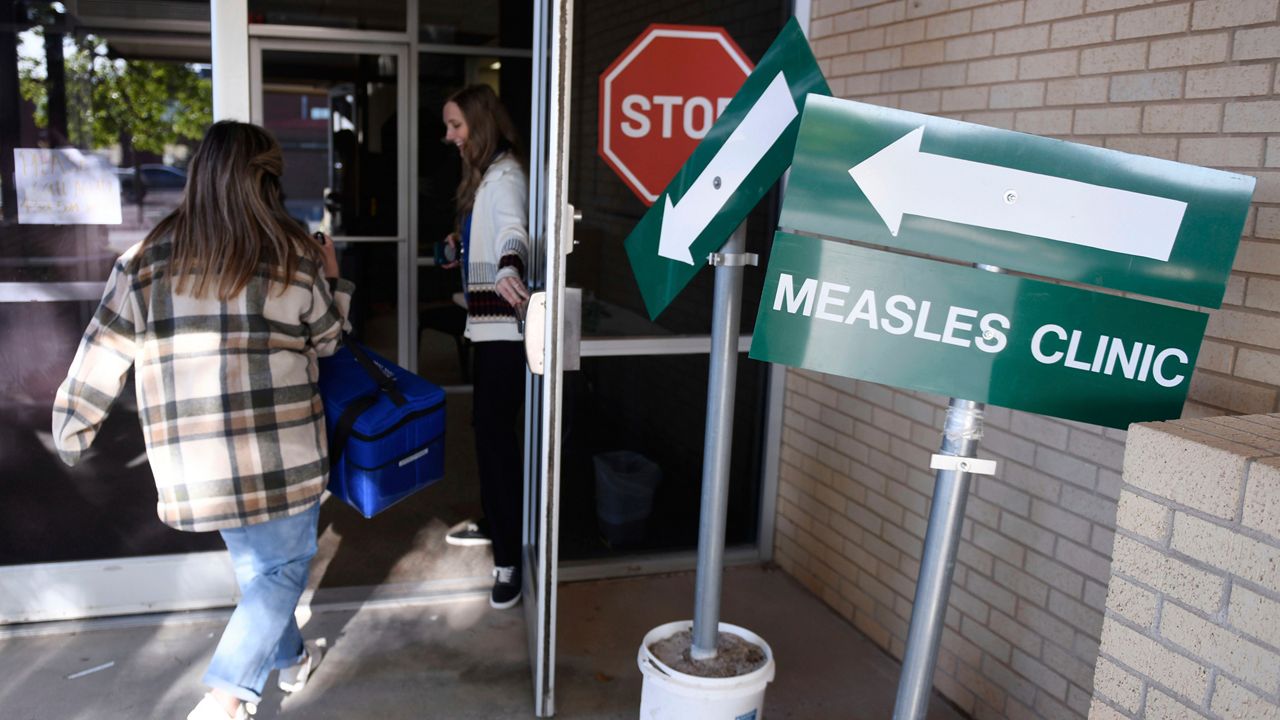AUSTIN, Texas — State officials are warning residents to remain vigilant after reports of infestations by the New World screwworm, a parasitic insect capable of causing severe health risks to both humans and animals.
The insect was found in a cow at an inspection checkpoint in the southern Mexico State of Chiapas, close to the border with Guatemala.
As a protective measure, animal health officials ask those along the southern Texas border to monitor wildlife, livestock and pets for clinical signs of NWS and immediately report potential cases.
Also called the “maneater” screwworm, the New World screwworm is a parasitic fly native to the Americas. Unlike typical maggots, which feed on dead tissue, screwworm larvae consume live flesh, making them particularly dangerous. Once the female fly lays her eggs in a host’s wound or mucous membrane, the larvae hatch and begin feeding, causing excruciating pain and secondary infections. It lays its eggs in open wounds, eyes, or even the mouths of its hosts, leading to serious tissue damage and potential fatalities if left untreated.
Clinical signs of NWS myiasis may include:
Irritated or depressed behavior
Loss of appetite
Head shaking
Smell of decaying flesh
Presence of maggots in wounds
Isolation from other animals or people
Residents are urged to check wounds on themselves, pets, and livestock regularly and to seek medical or veterinary attention immediately if they suspect an infestation.
State health officials recommend using insect repellent, covering open wounds, and avoiding contact with livestock or wildlife that may carry the parasite. Additionally, residents are encouraged to report unusual cases to the Texas Animal Health Commission.
For more information, residents can visit the Texas Department of Health Services website or contact their local animal health office.












